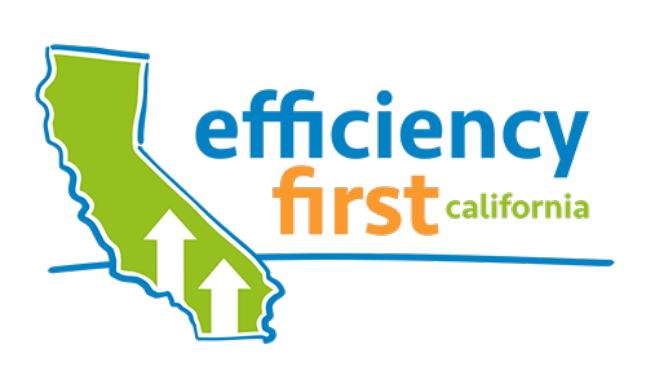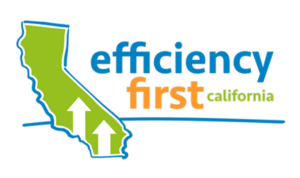The health risks associated with gas stoves gained widespread attention over the past month.
The controversy was triggered when staff at RMI, a nonprofit clean energy group founded by Amory Lovins, co-authored a study published in the International Journal of Environmental Research and Public Health in late December 2022. Cooking with gas stoves is an indoor air quality concern due to the emission of air pollutants such as nitrogen dioxide and carbon monoxide at levels the EPA has said are unsafe. The study co-authored by RMI found that cooking with gas stoves is associated with an increased risk of asthma among children and is prevalent in 35% of households in the United States.
A Bloomberg News article on January 9th cited the study, and it also quoted a commissioner for the US Consumer Product Safety Commission (CPSC) stating that they might consider a ban on gas stoves. The article and quote quickly captured national attention and ignited accusations of government overreach.
A federal gas stove ban is not likely. However, the CPSC is reviewing options, including requiring that stoves be sold with hoods, establishing performance standards for those hoods, or requiring sensors that detect pollution concentrations.
CEC Workshop on HERS Improvements
Updating the Residential Field Verification and Diagnostic Testing Regulations
With a deadline of 2025 to update California building codes, California Energy Commission (CEC) staff have been holding proceedings to update the field verification and diagnostic testing (FV&DT) program, also called the Home Energy Rating System (HERS) program. The FV&DT performed by independent third-party trained technicians is intended to support the successful implementation of the Energy Code.
On January 26th, the CEC held a public workshop on the proposed changes to Title 24 Parts 1 and 6 of FV&DT requirements. Chapter 4 of the Draft Staff Report – Title 24 HERS Program covers staff recommendations for HERS program changes. Highlights of the proposals are to 1) align the FV&DT program with Energy Code requirements, 2) add provisions for rater companies, and 3) add conduct requirements for raters.
EFCA’s Executive Director, Charley Cormany, presented on a panel in March 2022, outlining issues with enforcement of existing regulations on HERS, including challenges with the process in general and the misaligned interests of contractors selecting HERS raters.
CEC staff contacted EFCA about participating in the “Builders & Contractors” panel discussion of the workshop. As an active voice representing California contractors’ perspectives on relevant state policies and programs, we welcomed the opportunity to participate. Tom DiCandia, a board member with Efficiency First California, participated on the panel, discussing the challenges contractors encounter with the HERS program.
We will continue to act on and promote the interests of clean energy contractors, and you can also share your perspective directly with CEC staff. Their workshops are open to the public, and if you want to participate, check out the calendar at the CEC. A third workshop and comment period is scheduled for April 2023.
by Nicole Whiting, EFCA Communications Director
Get Our Monthly Advocacy Update – Sign Up For Our Newsletter


